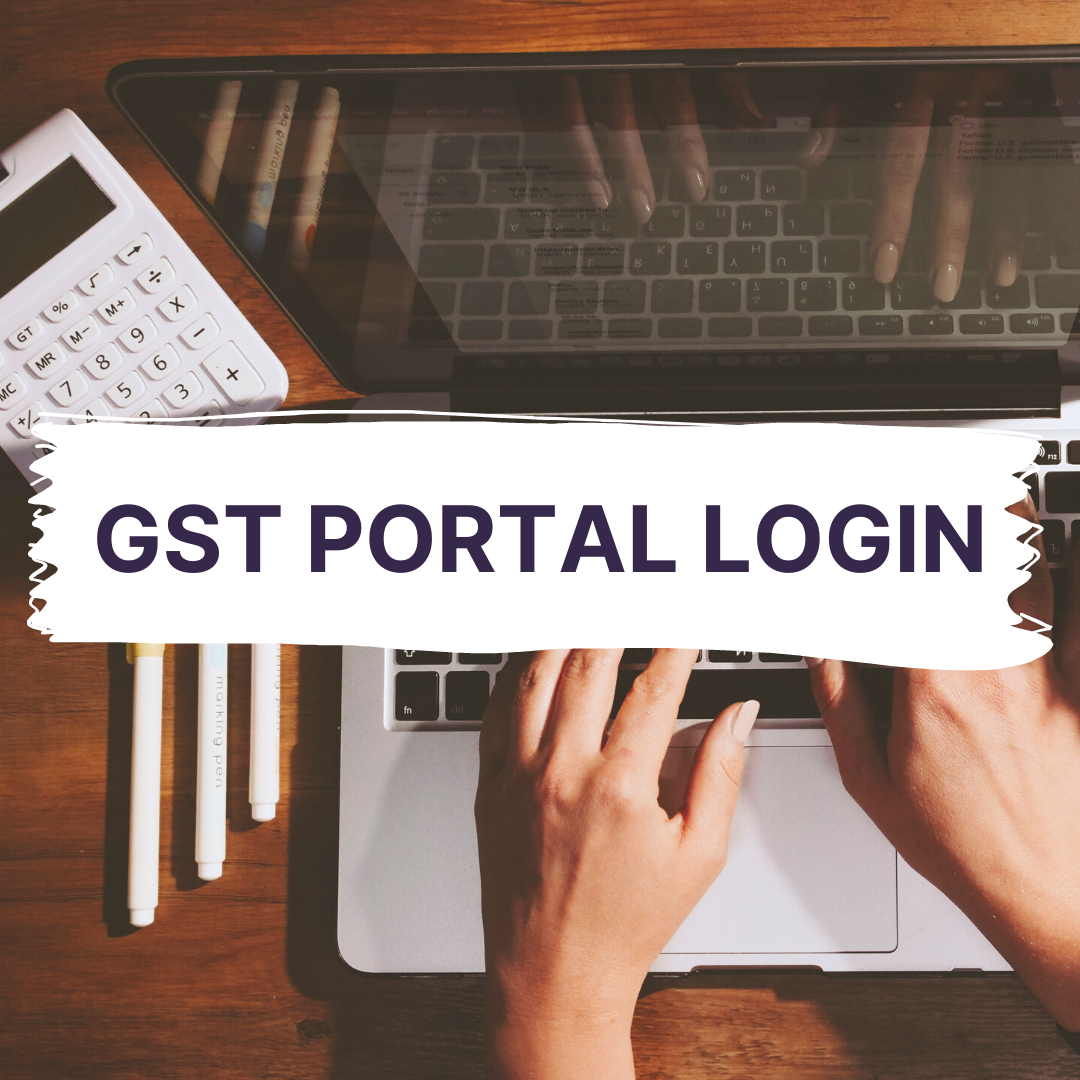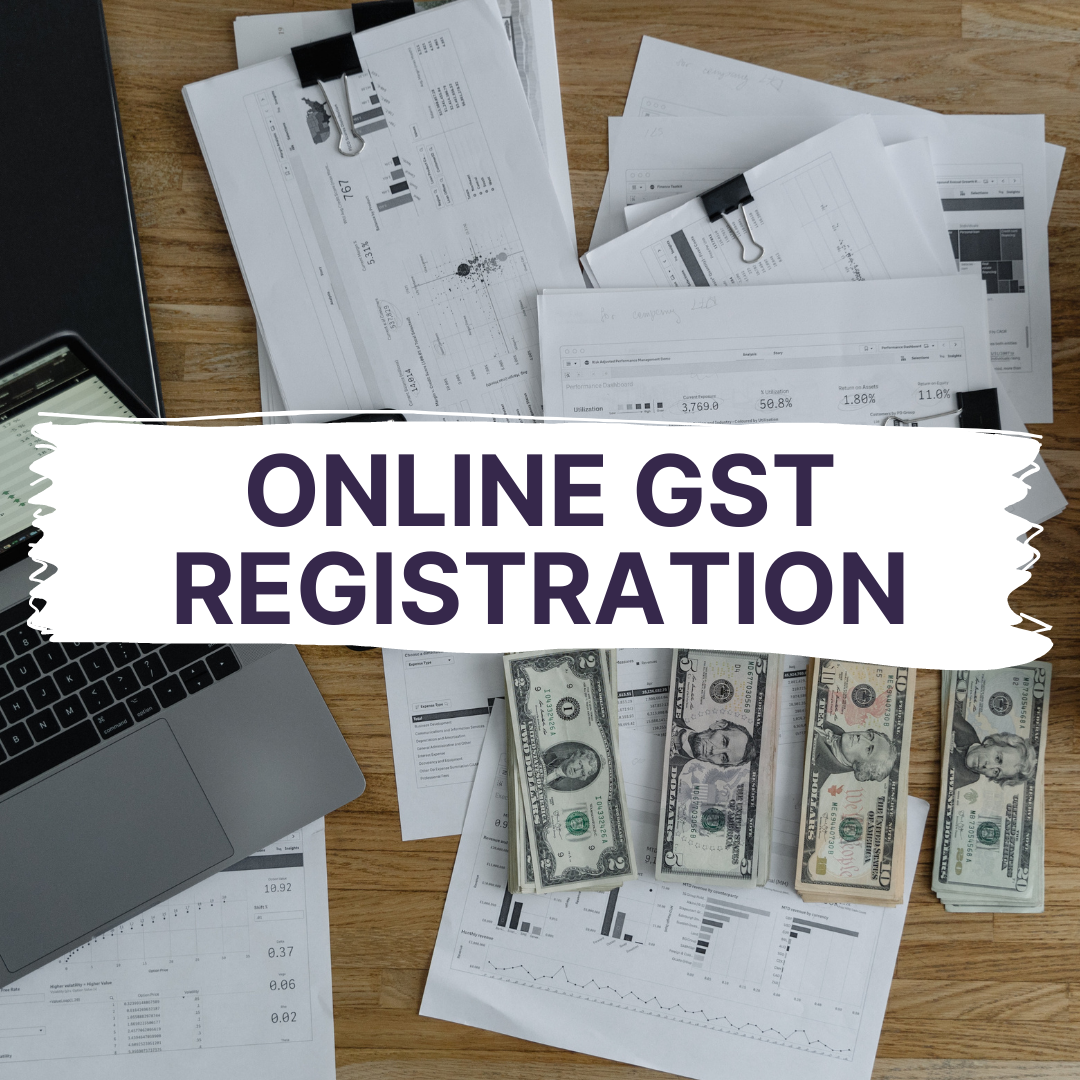Since the time it came into effect in July 2017, GST has been a subject that is still being explored and understood by most businesses. Having streamlined the entire process of taxation in India, GST was introduced to have a single system in place and do away with the other taxation systems.
However, the GST is still in its early stage and businesses are trying to get a grip over it so that there could be no room for errors while filing the GST returns. Nevertheless, there are bound to be mistakes and therefore, we have the GST Audit or the Audit under GST to keep a check if the filings comply with the rules and regulations laid down by the government.
This article focuses on describing the Audit process and aspects related to it. Here is what we shall learn:
- What is GST Audit or Audit under GST?
- Types of Audits
- Threshold for GST Audit by CA or CMA
- Rectification for GST Audit
What is GST Audit?
Audit under GST refers to the procedure of verifying the accuracy of the declared turnover, paid taxes, availed input tax credit, refund claimed. In other words, it is a mechanism to check of all the compliances under the GST Act have been kept intact while filing the returns.
The audit is conducted by evaluating all the records and documents of the taxable person who is subject to audit. The process is initiated by either the tax authorities or the taxable person depending on the type of audit to be conducted.
Types of Audits
There are three types of audit under GST as shown in the following:
- Audit by the taxable person
- General Audit by tax authorities
- Special Audit by tax authorities
The following table summarizes the core factors related to each of the audits.
Audit by the taxable person
- If the taxable person's turnover during the financial year exceeds Rs. 2 Crore, he must have his accounts audited by a Chartered Accountant or a Cost Accountant.
- By 31st December of the next financial year, the following documents must be submitted:
- An audited copy of the annual accounts
- An annual return in GSTR 9C A
- certification of reconciliation in GSTR 9C
- A list of other documents required[1].
- Neither the Comptroller and Auditor General of India nor an auditor appointed to audit the accounts of local authorities are required to conduct this audit.
- For each day a company does not file its annual return within the given period,[2] it will be assessed a late fee of Rs. 200 per day, subject to 0.25% of the company's turnover for that year.
General Audit by Tax Authorities
- The commissioner conducts this audit at his or her discretion. He or anyone he authorizes can conduct it.
- After the audit commences, it shall be completed within 3 months. An extension of 6 months may be granted by the commissioner for valid reasons recorded in writing.
- During the proceedings, recovery action shall be taken against any taxable person who defaults or is non-compliant.
- An audit of this type is conducted following the following guidelines:
- The taxpayer must be notified 15 days in advance of the audit.
- Taxpayers must provide adequate facilities for a thorough audit and provide any information requested by the officer conducting the audit.
- Taxpayers shall be notified of audit findings and reasons within 30 days of completion of the audit. Additionally, he must be informed of his rights and obligations.
Special Audit by Tax Authorities
- A special audit is conducted when an officer who is not below the level of Assistant Commissioner issues a directive to the taxable person. The Commissioner must first approve the special audit.
- After an investigation, the Assistant commissioner can issue a direction if he or she determines that value was not correctly declared or Input Tax Credit had not been claimed within normal limits.
- Recovery action will be initiated against the taxable person if any default or non-compliance with the Act occurs.
- Taxpayer/C.A/C.W.A can extend this deadline by another 90 days if they apply to the Commissioner. The audit has a 90-day deadline for completion.
- If the Commissioner delegates responsibility for conducting the audit, the auditor shall be a Chartered Accountant or a Cost Accountant.
- During the examination process, the Commissioner will then decide the expenses and remuneration of the auditor.
- Any person who is to be pursued under this Act shall be given a reasonable opportunity of being heard if any findings of the special audit are to be used against him or her.
Threshold for GST Audit by CA or CMA
An audit is required of every GST registered taxable person with a turnover exceeding a specific threshold within a financial year. Currently, the GST turnover limit exceeds Rs. 2 crores according to the notified GST rules. The businesses with a turnover of less than Rs. 5 crores annually, the filing of GSTR 9C has been waived off for the year 2018-19 and the year 2019-20.
Business owners with accounts such as these should have them audited by chartered accountants. To file electronically, such taxpayers must:
- You need to submit your annual return by the 31st December of the next financial year, using Form GSTR 9.
- Add a copy of the audited annual accounts.
- They must also share a reconciliatory statement in form GSTR-9C relating the value of supplies disclosed in the return to the audited annual statement of the company
- Finally, they must attach any other information required.
Rectification to the GST Returns
There may be times when a taxpayer realizes that there are corrections or modifications to the returns that he has filed. In such situations, they can make corrections subject to payment of Interest.
While making rectifications is possible, any modifications will not be allowed in the following cases:
- After the due date for filing the returns for September or the second quarter, following the end of the Fiscal year. OR
- After the actual date on which the relevant annual return was filed.
It must be noted that any rectifications will not be allowed if the discrepancies were noted as a result of an Audit.
How Can Deskera Help You?
As submitting invoices is an integral part of the GST ecosystem, it is essential to have a platform that keeps all your invoices in one place for a quick and easy reference. With the help of Deskera Books you can create e-Invoices that comply with Indian legislation. Creating an e-invoice is as easy as clicking on Generate e-Invoice.
Taking a few minutes to watch a video tour will help you understand the entire process.
Your journal entries are now easier to manage since you have Deskera. There is just one interface that can access all the features, such as adding products, services, and inventory.
With this accounting software, you can automatically generate and send invoices. As a result of the software, generating balance sheets, income statements, and profit and loss statements, as well as cash flow statements, has become considerably simple.
Key Takeaways
Let’s take a quick walkthrough over the points discussed:
- Audit under GST refers to the procedure of verifying the accuracy of the declared turnover, paid taxes, availed input tax credit, refund claimed.
- Audit by the taxable person, General Audit by tax authorities, Special Audit by tax authorities are the three types of audits conducted under GST.
- There are factors like the turnover, decision taken by the Commissioner or the Assistant Commissioner sue to which the audits are conducted.
- The taxpayers are eligible to make any corrections or modifications to the filed returns before due date for filing the returns for September or the second quarter or before the the actual date on which the relevant annual return was filed.
- Also, it is worth noting that any rectifications will not be allowed if the discrepancies were noted as a result of an Audit.
Related Articles










